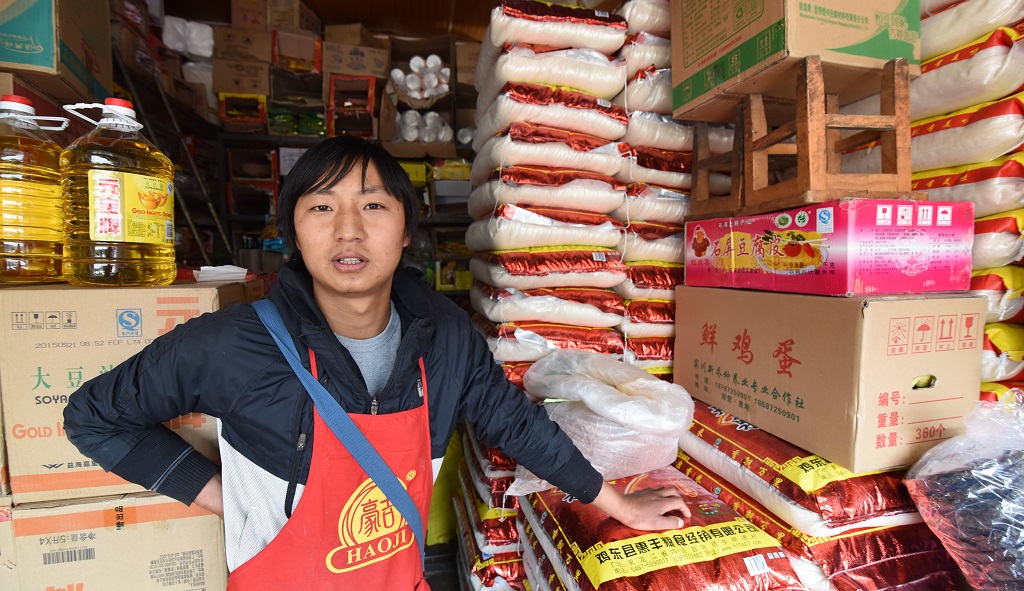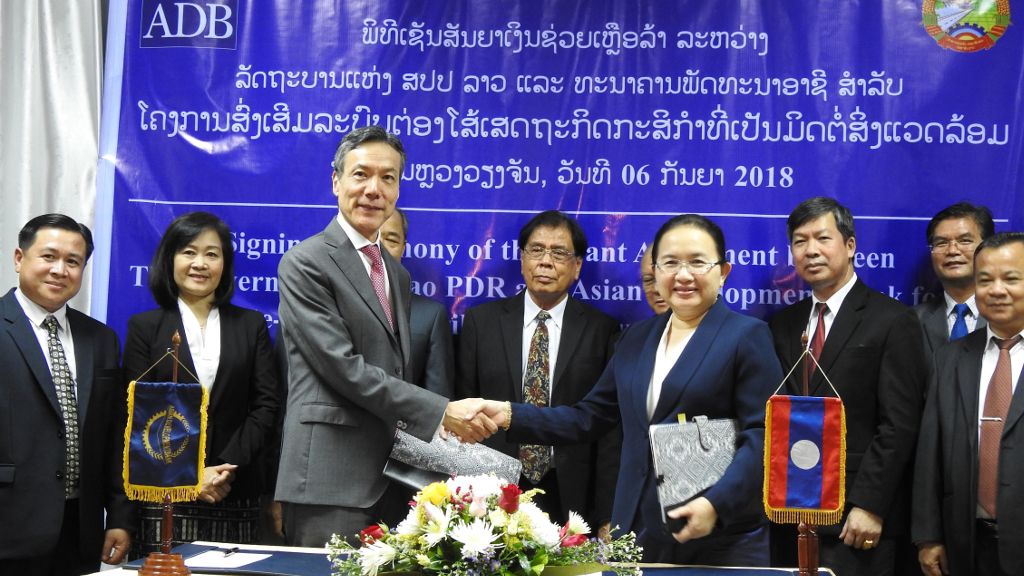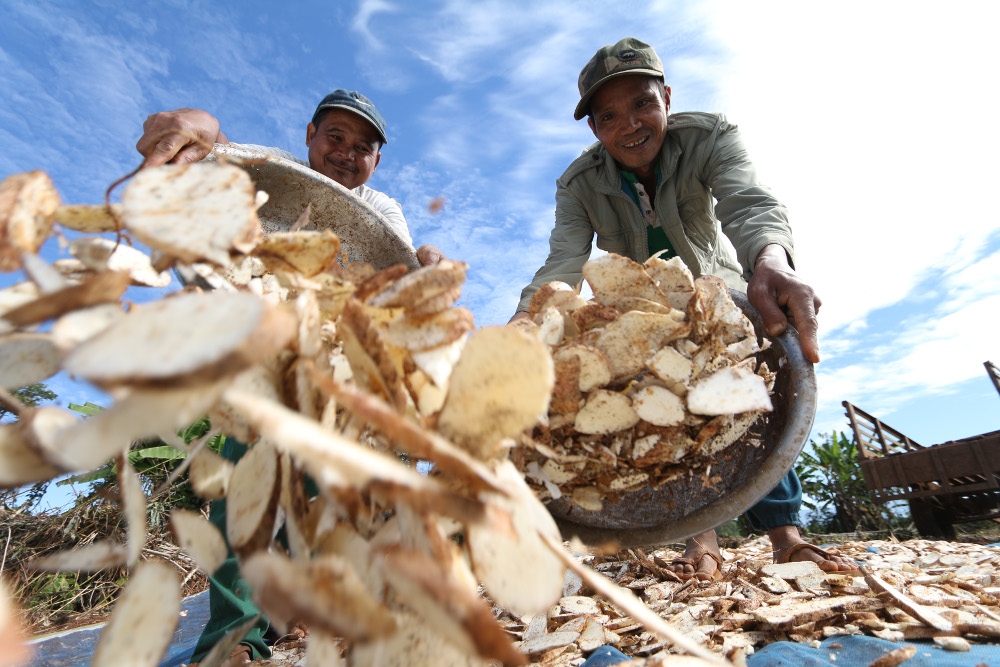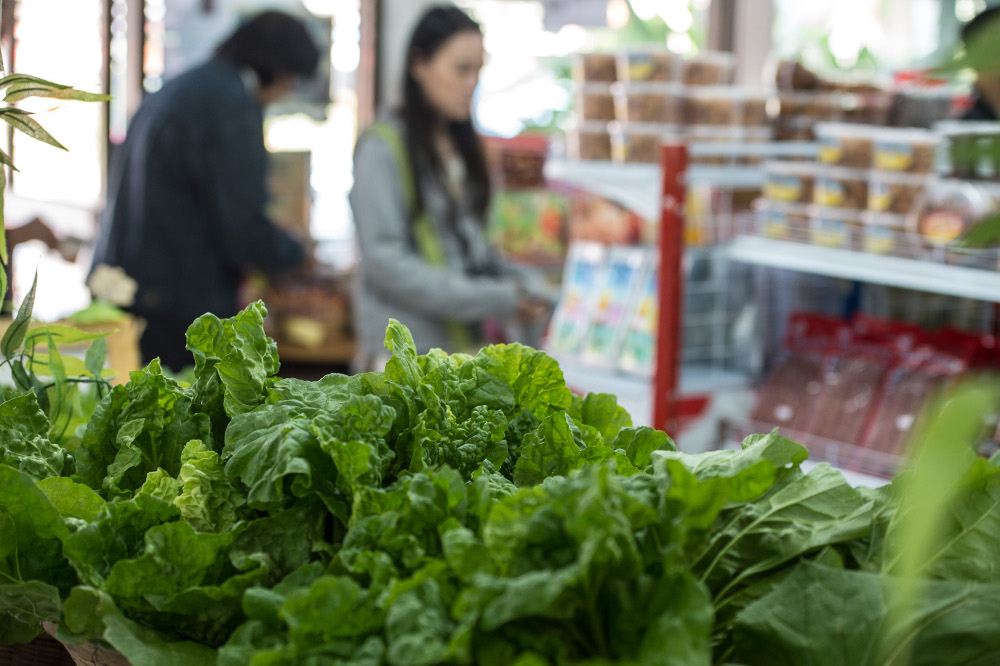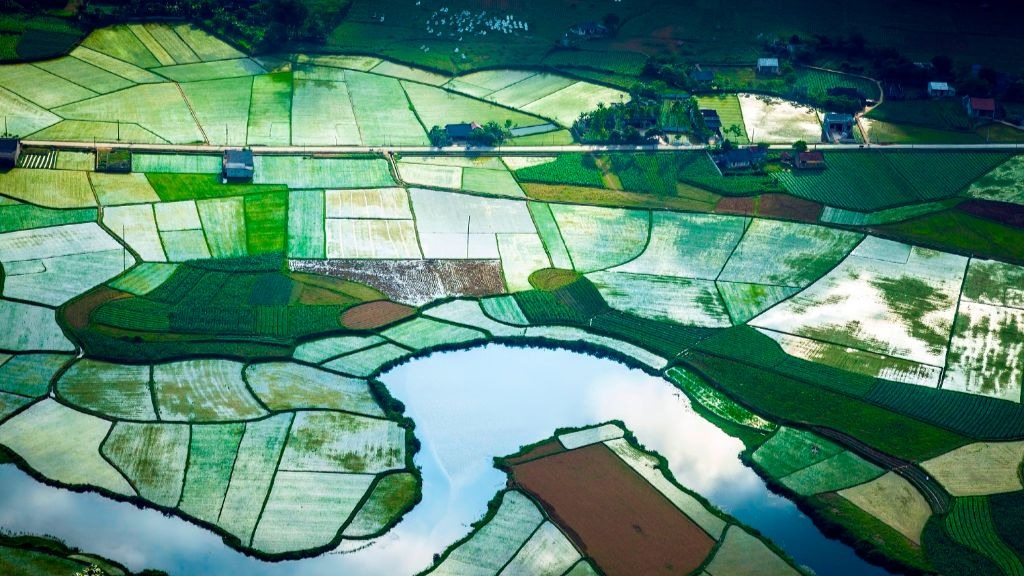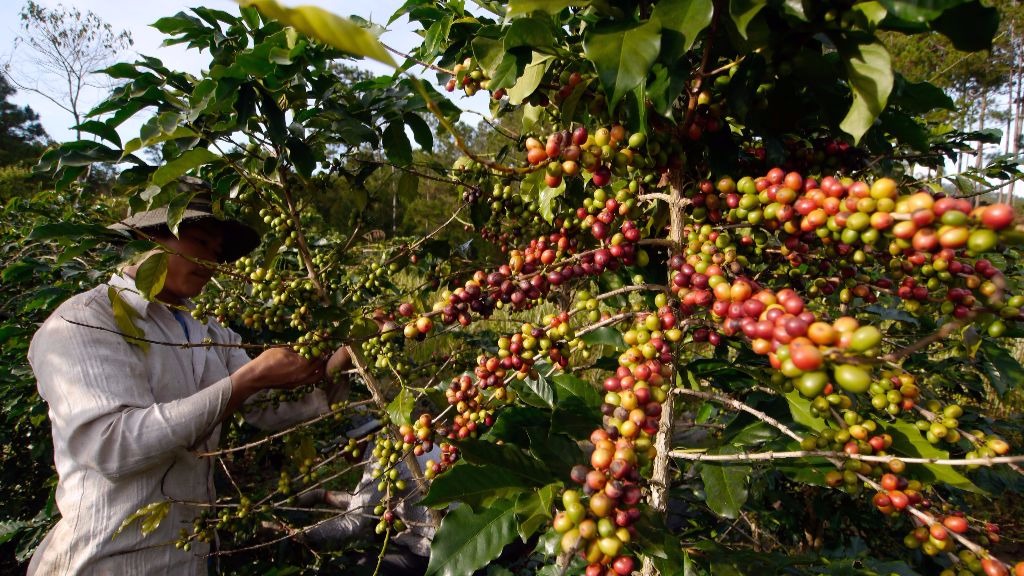Establishing a Sustainable Food Supply for the Greater Mekong Subregion
A regional approach to food policy driven by business and public interests can better protect consumers and suppliers in both domestic and export markets, support scaling up of production, and facilitate market access and Greater Mekong Subregion product branding and marketing.

